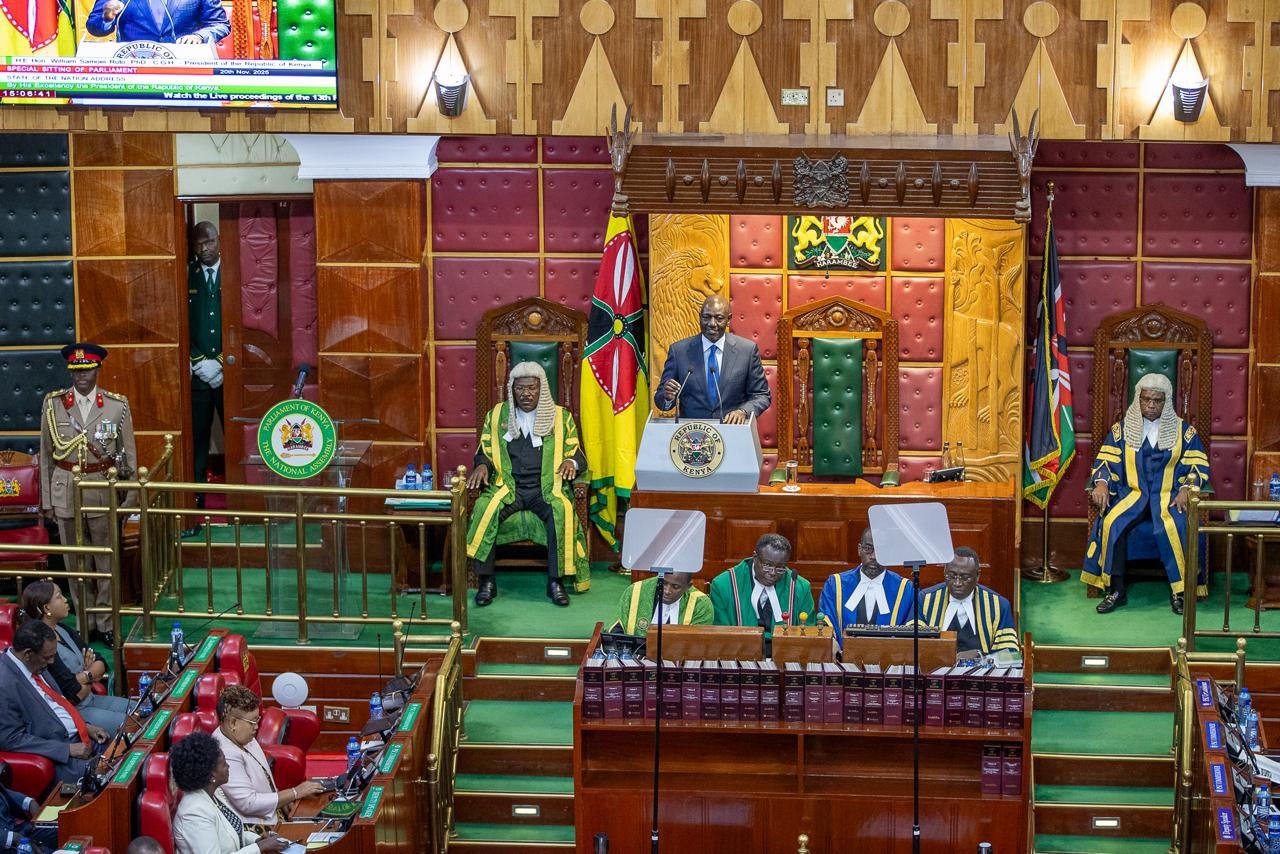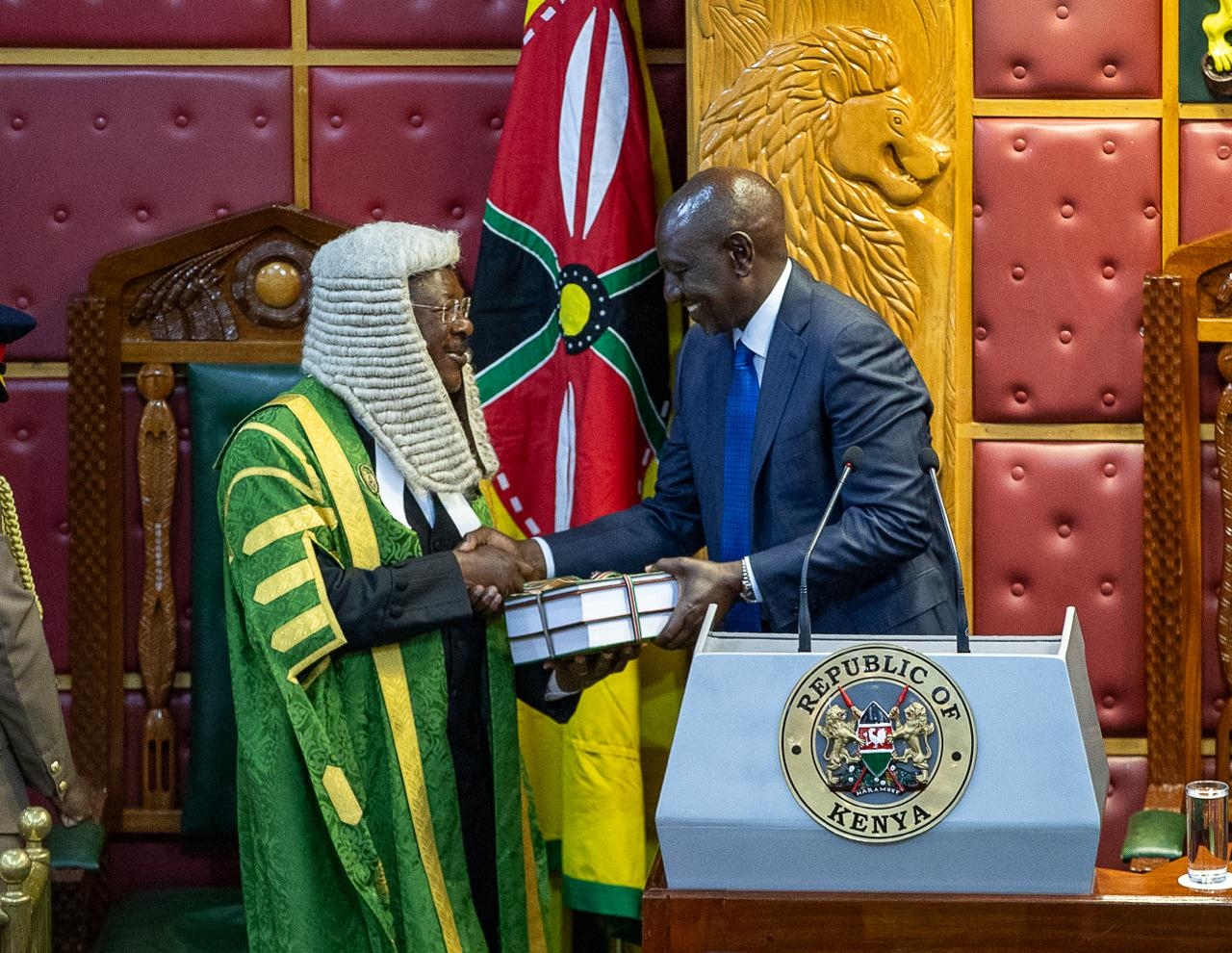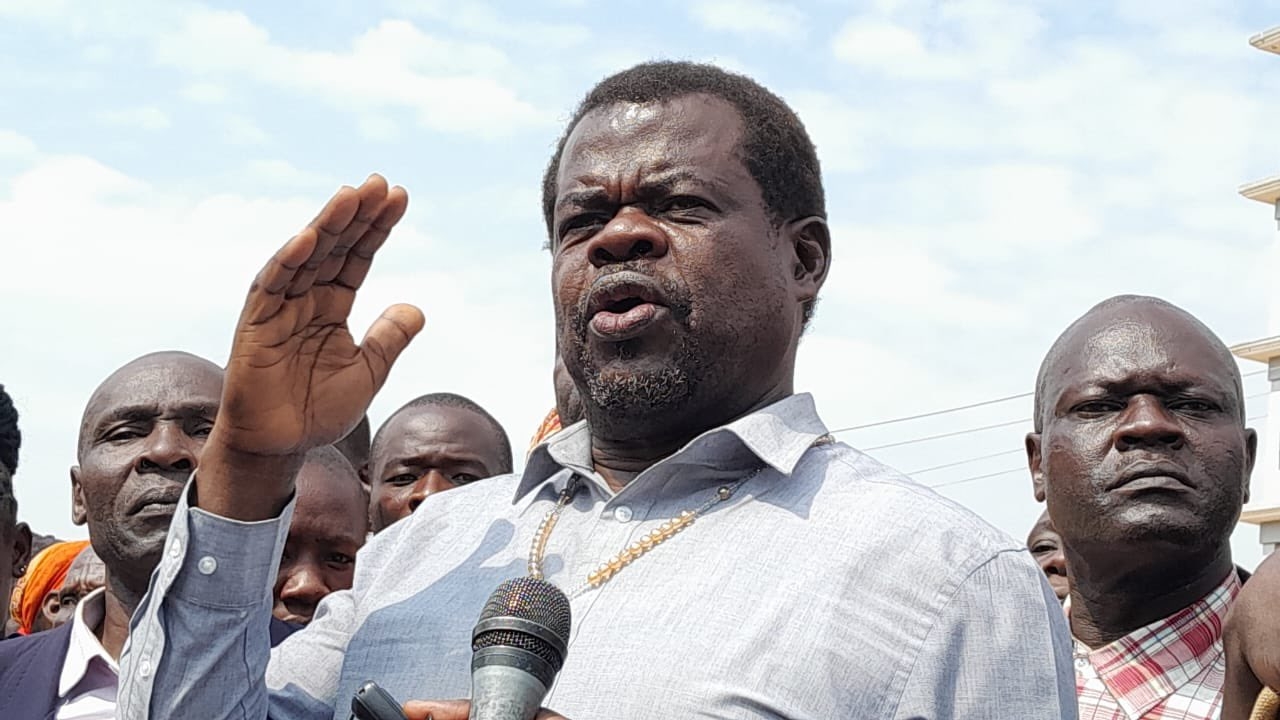Igad member states continued to grapple with a severe food crisis in 2022, with over 55 million people facing acute hunger and requiring urgent assistance.
This figure was an increase of more than 13 million from 2021, according to the Igad Regional Focus of the Global Report on Food Crises 2023.
Ministers and heads of delegations from Intergovernmental Authority on Development member states comprising Ethiopia, Somalia, and South Sudan met in Nairobi on June 28 to find solutions to the food crises.
They reaffirmed their commitment to strengthen and accelerate national and regional efforts to address food insecurity.
The ministers said in a joint communiqué that this will be done while pursuing longer-term development efforts that enhance the resilience and livelihoods of vulnerable communities.
“We declare our joint commitment to regional and national capacity-building that translates strategic policy commitments into actionable results that promote sustainable food systems and the prevention of food and nutrition crises,” the communiqué says.
Igad member states include Djibouti, Eritrea, Ethiopia, Kenya, Somalia, South Sudan, Sudan and Uganda.
The bloc covers 5.2 million square kilometres with 261.2 million people.
The eight countries are vulnerable to climate change and extreme events.
Studies have shown that change and variability in extreme rainfall and temperature are projected to adversely affect rain-fed food crop production in developing countries, especially in East Africa.
This is because food production mostly depends on seasonal rainfall patterns, distribution and amount for a good harvest.
The climatic factors include extreme rainfall events (flash floods/drought), cyclones, cold events, lightning; wind storms/dust storms and hailstorms/thunderstorms.
Non-climatic factors include market prices, rising demand for food, crop production inputs, area under harvest, yield variability, increasing competition over land, input prices not affordable and soil degradation.
The ministers said there was a need to encourage efforts to extend national-level progress in food systems strengthening to sub-national levels through an inclusive approach that prioritises the needs of those most vulnerable to and affected by food and nutrition crises.
They reaffirmed national leadership, supporting coordination and harmonising ministerial priorities and translating these priorities into national development planning frameworks.
Igad and partners were urged to initiate the development of a regional food systems communications strategy to sustain high-level political support at the national, regional and global levels.
The ministers further committed to strengthening coordination mechanisms within government and between government and key stakeholders, to prioritise regional and national needs, and continue to highlight longer-term investment and building resilience.
They also committed to building of data management solutions that reference accurate, updated data and employ monitoring, evaluation, and learning frameworks, consolidating relevant analysis through the development of food systems dashboards and research products accessible at the global, regional, national and local levels.
“We recommend appropriate financing mechanisms to strengthen food systems, drawing on the full range of financing flows, including national budget allocation, development partners’ resourcing priorities, and private sector investments,” the ministers said.
They urged a strategic balance between humanitarian and development priorities, focusing on rehabilitation efforts, development, sustainable programming, and durable solutions that incorporate humanitarian-development-peace approaches and address food crises at their roots.















![[PHOTOS] Betty Bayo laid to rest in Kiambu](/_next/image?url=https%3A%2F%2Fcdn.radioafrica.digital%2Fimage%2F2025%2F11%2F3b166e2e-d964-4503-8096-6b954dee1bd0.jpg&w=3840&q=100)

